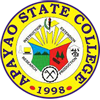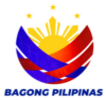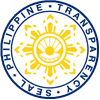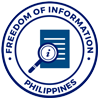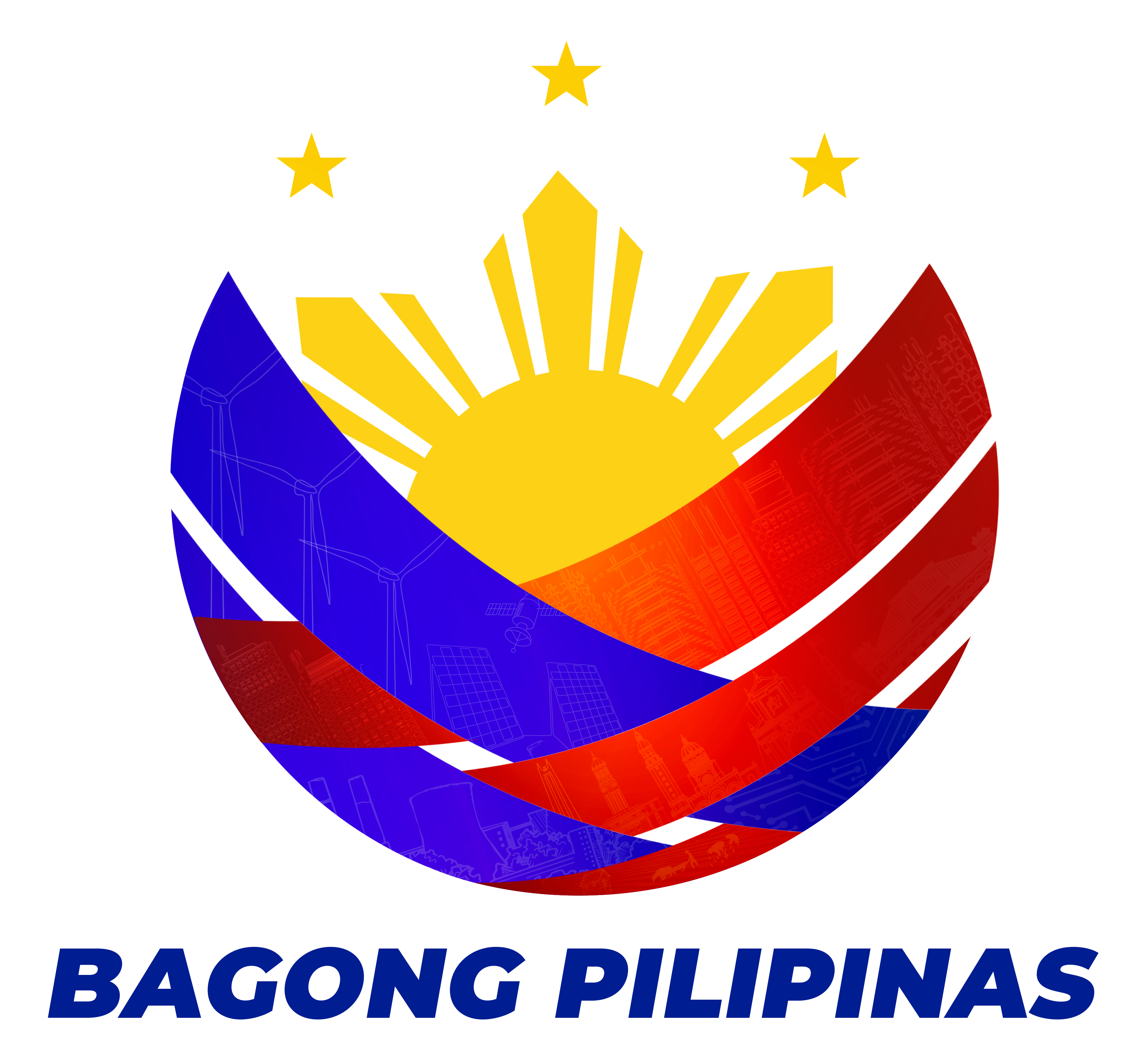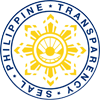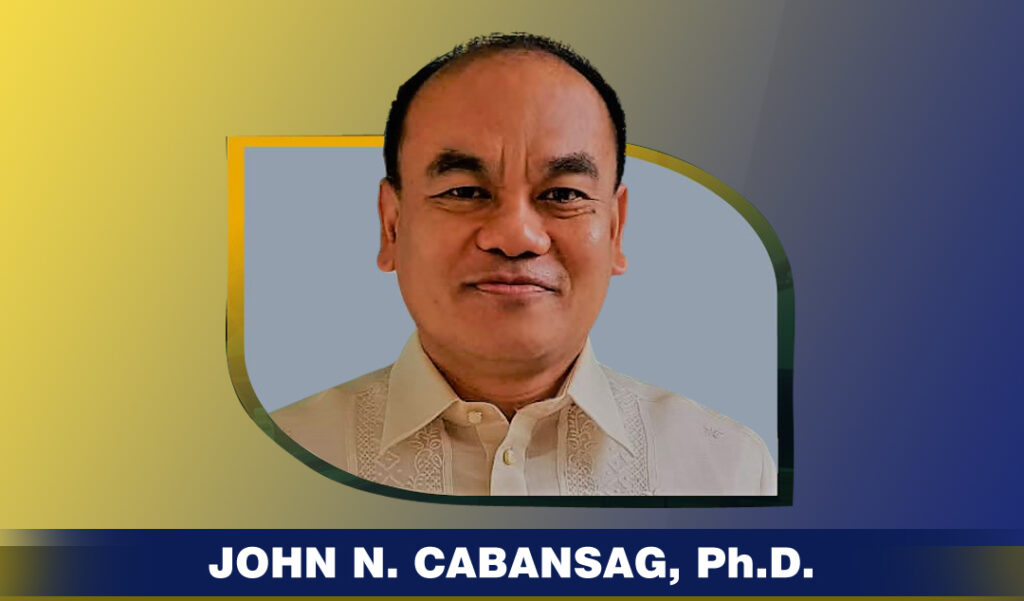RESEARCH AGENDA
Apayao State College’s Research and Development agenda will be conducted with strategic local, regional, national and international partners on the following themes:
Food Security, Food Sufficiency and Food Safety. This thematic area will respond to the country’s quest for sustainable food security, self-sufficiency and safety. Apayao Province being a major food producer and considering the country’s vulnerability to natural calamities and disasters, it is important for people to be assured of available, adequate, affordable and safe food on their table.
Forestry, Biodiversity Research and Climate change The Philippines is experiencing warming temperatures brought about by climate change, most especially in the northern and southern regions. These regions (northern Luzon and Mindanao) have also warmed the most and have dried the most. As climate change significantly affects agriculture and the environment, the four pillars of the Bali Action Plan dealing with mitigation, adaptation, technology exchange and resource sharing will guide Apayao State College-Research and Development Unit work on this theme. Considering that climate change will impact on present and future scenarios, a strategic and holistic Research and Development approach will be pursued.
Environmental resource management and Disaster risk reduction management. The thrust of this theme is to maintain and improve the state of environmental resources affected by human activities (i.e., the interaction and impact of communities on the environment) and climate change. Environmental issues that affect the land, air and water will also be studied. RD&E on environmental resource management will ensure that ecosystem services are protected and maintained for equitable use and also maintain ecosystem integrity for future generations.
Disaster risk reduction management will find out ways and means by which communities and local governments can identify, assess and reduce the risks of natural disasters. RD&E along this area will help communities reduce socio-economic vulnerabilities to disasters as well as dealing with the environmental and other hazards that trigger them. The shift from prevention and mitigation to preparedness mode in disaster risk management requires a lot of research not only in policy formulation, community development and public awareness but also in hard science (e.g. forecasting, structural engineering, etc.).
Eco- tourism site Assessment, Documentation, and Promotion. Promotion of potential tourist spots in Apayao, it also endeavors the development of coffee table books on culture, indigenous knowledge and practices and potential tourist destinations in Apayao.
Human health and nutrition. Sound health is fundamental to human life, meeting basic needs and contributing to a productive life. In developing countries like the Philippines, hunger and health risks are aggravated by extreme poverty. Disease and malnutrition are mostly attributable to unsafe water, poor sanitation and hygiene. Many communicable diseases are emerging, so the country has to be prepared with appropriate medication, vaccines and diagnostic kits that are available and affordable to the poor.
Renewable energy sources and Emerging Technologies Increasing the percentage of indigenous renewable energy source into the national energy mix will not only result in dollar saving, and protection of the environment but more importantly, ensuring energy security. The search, development and exploitation of renewable energy sources will involve a multi-disciplinary approach. Emerging technologies are technical innovations on progressive developments within a field for competitive advantage, representing previously distinct fields which are moving towards convergence. These are indispensable in propelling the country to sustainable agro-industrial development. Currently emerging technologies include biotechnology, information technology, nanotechnology, robotics and artificial intelligence.
Social sciences. Being concerned with society and human nature, the social sciences cut across disciplines and has a pivotal role in societal growth and development. In the context of Apayao State College Research and Development programs, the social sciences will cover socio-economics, entrepreneurship, higher education and law and governance.
Higher Education. Alignment of human capital, development goals in school, in communities and Philippine society, social sciences and factors that shape educational policies and processes in national community, school and individual levels; efficacy of educational processes, instructional management, policy, etc. in the development of quality human capital, social processes, and dimensions of educational reforms in educational institutions.
Law and Governance and Related Social Technology. Peace process and conflict resolution. This is a rich source of research work, the results of which can be applied to governance, policies and direction setting.
Gender and Development. Drivers, processes, and consequences of community transition, labor migration, changing family structure, evolution social institutions in response to changes in family and community structures.
